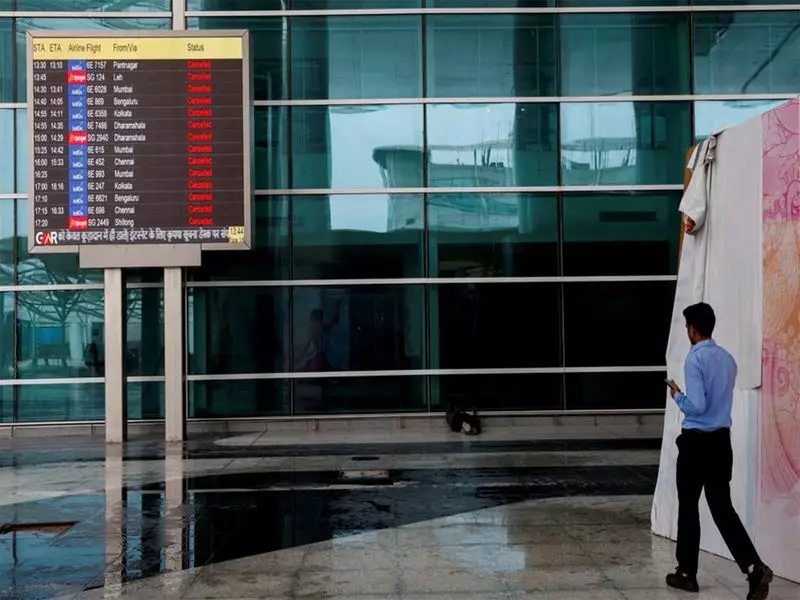
In a significant development that has sent shockwaves through academic circles, prominent British Hindi scholar Professor Francesca Orsini has been blacklisted by Indian authorities for alleged visa violations, according to government sources.
Cambridge Professor Faces Entry Ban
Professor Francesca Orsini, a respected Hindi literature scholar from Cambridge University, finds herself barred from entering India after authorities determined she repeatedly misused tourist visas to conduct academic research activities. The blacklisting decision comes after what sources describe as a pattern of visa category violations.
The Nature of Violations
Government officials revealed that Professor Orsini consistently entered India on tourist visas while actually engaging in research work that should have required appropriate research visas. This constitutes a clear violation of Indian immigration laws and visa conditions, prompting the severe response from authorities.
Academic Profile and Contributions
Professor Orsini has built an impressive academic career focused on Hindi and Urdu literature, with particular emphasis on the history of print culture in North India. Her research has contributed significantly to understanding literary traditions in the region, making the visa ban particularly impactful for ongoing academic projects.
Government's Firm Stance
The decision to blacklist the Cambridge scholar underscores the Indian government's increasingly strict approach to visa compliance. Sources indicate that no exceptions are being made, regardless of academic stature or research contributions, when it comes to adherence to immigration regulations.
Impact on Academic Exchange
This development raises important questions about the balance between academic freedom and immigration compliance. The blacklisting could potentially affect future academic collaborations between Indian institutions and international scholars, highlighting the need for clear guidelines regarding research visa requirements.
The case serves as a stark reminder to all foreign academics and researchers about the critical importance of obtaining the correct visa category for their intended activities in India, regardless of their academic credentials or research significance.





